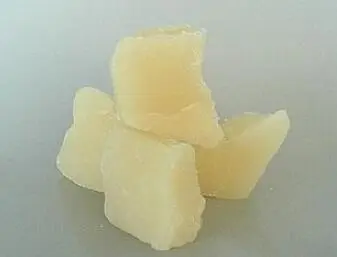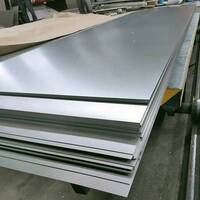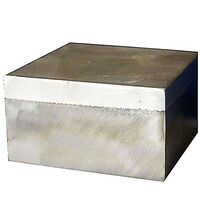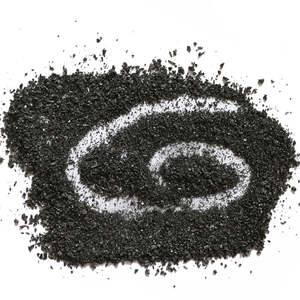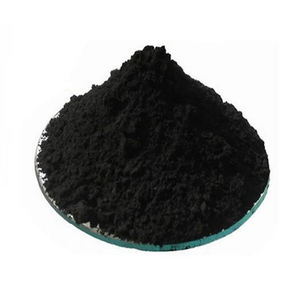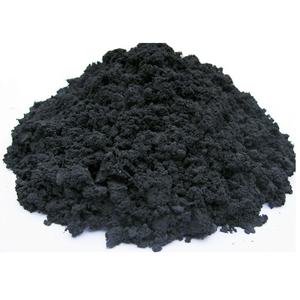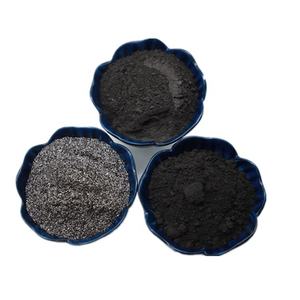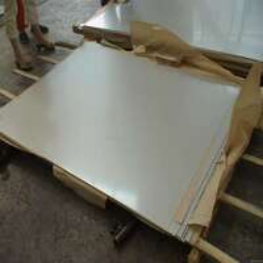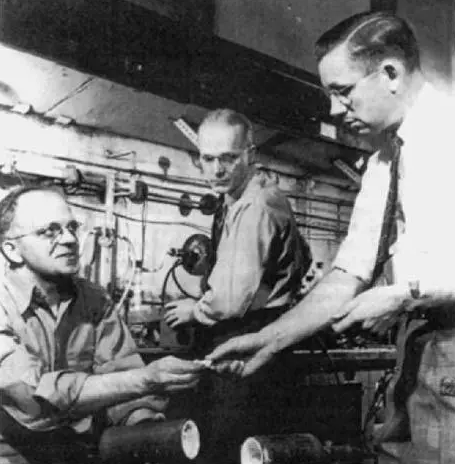Frequently made use of additives in plastic color matching consist of dispersants, lubes, diffusion oils, coupling representatives, compatibilizers, and so on. Typically run into material additives include fire resistants, toughening representatives, brighteners, UV preventions, anti-oxidants, anti-bacterial agents, antistatic representatives, etc. One of the most usual ones are fillers for price decrease or physical alteration, such as light calcium carbonate, heavy calcium carbonate, talc, mica, kaolin, silica, titanium dioxide, red mud, fly ash, diatomaceous earth, wollastonite, glass beads, barium sulfate, calcium sulfate, etc, as well as organic fillers, such as wood flour, corn starch, and various other agricultural and forestry byproducts. Loading and reinforcing products include glass fiber, carbon fiber, asbestos fiber, artificial natural fiber, and so on
Suppose the above ingredients are contributed to the product's raw materials. Because instance, they have to be contributed to the material raw materials in the very same percentage in the color-matching proofing so as not to produce a color difference in the subsequent production.

(Additives for Plastic Color Matching)
Dispersant
Dispersant kinds include fat polyurea, hydroxy stearate, polyurethane, oligomeric soap, and so on
Today, the frequently used dispersant in the sector is lubricating substance. Lubricating substances have good dispersibility and can likewise improve the fluidity and demolding performance of plastics during molding.
Lubes are divided into internal lubricants and external lubricating substances. Inner lubes have a certain compatibility with resins, which can reduce the communication between resin molecular chains, decrease thaw viscosity, and improve fluidness. External lubricants have inadequate compatibility with resins. They follow the surface area of liquified resins to develop a lubricating molecular layer, consequently lowering the friction in between resins and processing tools.
Lubricants
According to the chemical framework, they are mainly split into hydrocarbons, steel soaps, lubricating substances that play a demolding role, fatty acids, fatty acid amides, and esters.
Such as plastic bis ceramide (EBS)
EBS (Ethylene Bis Stearamide), also referred to as vinyl bis stearamide, is a highly efficient interior and outside lubricant and dispersant commonly used in the plastic processing market. It is suitable for all thermoplastic and thermosetting plastics, including yet not limited to polyethylene (PE), polypropylene (PP), polystyrene (PS), polycarbonate (COMPUTER), polyamide (), polyester (PET/PBT), polyurethane (PU), phenolic material, epoxy resin, and so on. Below are a few of the major roles of EBS in these plastics:
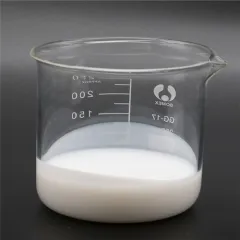
(EBS Ethylene Bis Stearamide Emulsion)
Dispersion
As a dispersant, EBS can help equally spread fillers and pigments during plastic handling, stay clear of heap, and enhance the diffusion and security of pigments and fillers. This assists enhance the shade harmony and mechanical properties of the final product. For instance, in masterbatch production, EBS can guarantee that pigment fragments are uniformly distributed in the provider resin to make sure that consistent color is shown in subsequent plastic products.
Inner lubrication
In the plastic melt, EBS can minimize the friction in between molecules and the shear stress of the plastic melt, thereby minimizing the thaw viscosity and making the melt circulation smoother. This helps in reducing stress throughout extrusion or injection molding, reduces processing temperature levels, and reduces molding cycles, while also decreasing power consumption, enhancing processing performance, and boosting the life span of equipment.
External lubrication
EBS develops a slim lubricating movie on the plastic surface, which can decrease the friction between the plastic thaw and the metal mold, boost demolding performance, and stop sticking of plastic products during molding. This not only helps to boost the surface area coating of the item and minimize problems yet also streamlines the post-processing procedure and boosts production efficiency.
Various other features
In addition to the above primary functions, EBS can likewise be utilized as an antistatic agent to improve the antistatic homes of plastic products and minimize problems such as dirt adsorption caused by static power. In some applications, EBS can likewise boost the weather resistance and chemical resistance of plastic items.
In the injection molding procedure, when completely dry tinting is used, surface therapy representatives such as white mineral oil and diffusion oil are normally included throughout blending to play the duty of adsorption, lubrication, diffusion, and demolding. When changing the color, it must additionally be included in the raw materials in proportion. First, include the surface treatment representative and tremble well, after that add the shade powder and shake well.
When selecting, the temperature resistance of the dispersant should be identified according to the molding temperature of the plastic resources. From an expense viewpoint, in principle, if a medium and low-temperature dispersant can be used, a high-temperature resistant one needs to not be selected. High-temperature dispersants require to be immune to more than 250 ° C.
Provider of EBS Ethylene Bis Stearamide Solution
TRUNNANO is a supplier of 3D Printing Materials with over 12 years experience in nano-building energy conservation and nanotechnology development. It accepts payment via Credit Card, T/T, West Union and Paypal. Trunnano will ship the goods to customers overseas through FedEx, DHL, by air, or by sea. If you want to know more about EBS Emulsion, please feel free to contact us and send an inquiry.
Inquiry us [contact-form-7 id="26" title="tongrun-form"]
